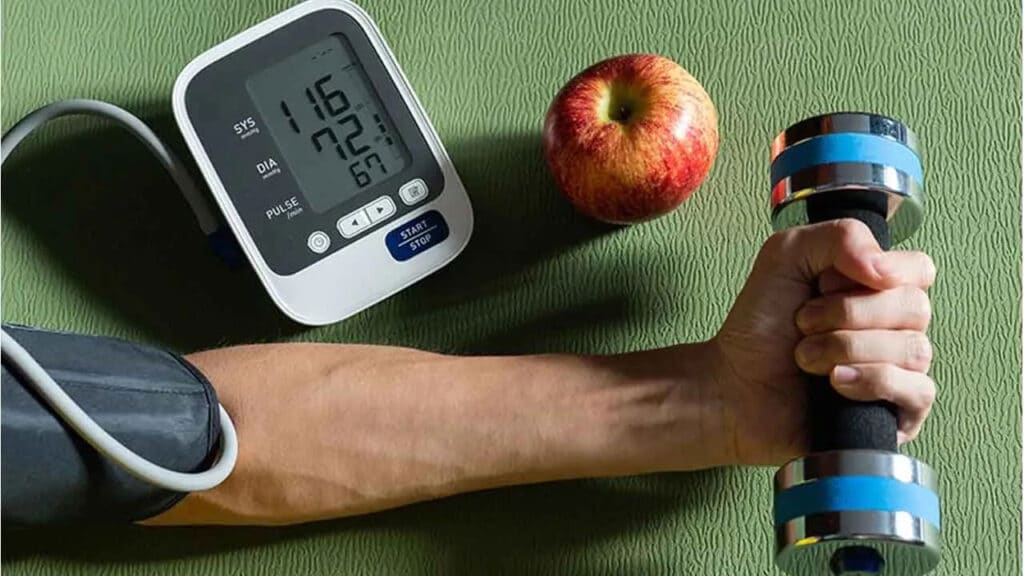It’s a widely held fact that people who do a lot of exercise and are particularly fit have lower blood pressure than the general population. Unfortunately, like a lot of widely held facts, it’s not actually that simple.
During strenuous exercise, it’s likely that your blood pressure will temporarily increase, as will your heart rate. Once you’ve stopped, it will drop again. If you return to your usual heart rate and blood pressure fairly quickly, that is generally regarded as a sign that you’re in good health.
People who exercise a lot are likely to have a stronger heart, which means it doesn’t need to pump as hard to send blood all the way around the body. Blood vessels may also be more elastic, allowing easier blood flow. Both of these factors are considered likely contributors to lower blood pressure in some athletes.
Of course, not all athletes have hypotension. In fact, some even have blood pressure that’s higher than average. It would be a mistake to think that exercise alone can protect you from the dangers that hypertension can represent.
A review of the studies into blood pressure levels in athletes revealed that those studies weren’t all reliable (https://pubmed.ncbi.nlm.nih.gov/25631543/). If the methodology is suspect, so are the results.
What the research did suggest, however, was that the type and intensity of exercise may impact whether it makes your blood pressure higher or lower. Sports that involve a lot of strength training, like weightlifting, are more likely to produce high blood pressure than endurance sports, like long-distance running and swimming, which are some of the best for lowering it.
Any study also needs to take into account that blood pressure can be affected by things other than exercise. Diet is the most obvious one when it comes to lifestyle, although smoking is also a big contributor (not that many top level athletes smoke). You also can’t dismiss the impact of genetics and family history. Exercise is just one part of a complicated whole.
Of course, a lot of this is talking about professional athletes, or at least serious amateurs. If you’re an everyday person casually doing workouts to try to get fit, just making sure you do a decent amount of aerobic exercise is likely to bring your blood pressure down – possibly even to hypotension levels.




